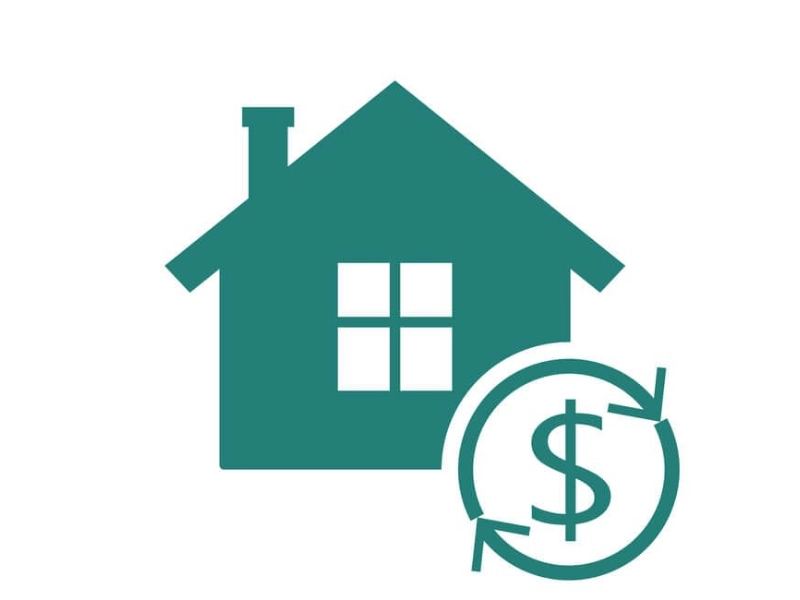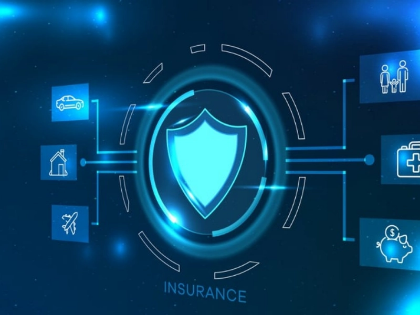The Use of Technology and Creative Lending Models in the Future of Mortgage Loans
A key component of many banks' retail business strategies is mortgage lending, which serves as a major source of income and client relationships. This business model is about to change as a result of the mortgage process becoming more digital. To expedite the front-end and back-end of mortgage transactions, lenders are investing in outside technology providers. Since non-bank lenders provide quicker and easier loan processes, they are gaining market share.
Artificial intelligence and machine learning

Mechanization
 Mortgage lenders can handle the tedious phases of the loan application process, such as document processing, data analysis, and verification, by automating them. Utilizing artificial intelligence (AI), natural language processing (chatbots), and application programming interfaces (API), it creates software "bots" that carry out repetitive, rule-based digital chores.
Automated underwriting, which is another aspect of mortgage automation, evaluates a borrower's credit history and financial data using computer algorithms to see if they fulfill the lender's requirements for approval. It can also help consumers apply for loans more quickly and accurately.
It can also help with fraud detection by spotting unusual activity with the use of AI-powered technologies. Finally, by using document automation systems that automatically check papers for conformity with legal requirements and industry standards, it can help increase regulatory compliance.
Mortgage lenders can handle the tedious phases of the loan application process, such as document processing, data analysis, and verification, by automating them. Utilizing artificial intelligence (AI), natural language processing (chatbots), and application programming interfaces (API), it creates software "bots" that carry out repetitive, rule-based digital chores.
Automated underwriting, which is another aspect of mortgage automation, evaluates a borrower's credit history and financial data using computer algorithms to see if they fulfill the lender's requirements for approval. It can also help consumers apply for loans more quickly and accurately.
It can also help with fraud detection by spotting unusual activity with the use of AI-powered technologies. Finally, by using document automation systems that automatically check papers for conformity with legal requirements and industry standards, it can help increase regulatory compliance.
Blockchain
 Blockchain technology could have a significant positive impact on the mortgage business. Digital technology is a disruptive force that may improve security, decrease fraud, and streamline processes.
Mortgage applications usually require a plethora of documentation and go through multiple approval and verification stages. By digitizing and automating these procedures, blockchain lowers the time needed for each step and gets rid of human error. In addition to enhancing data security, the blockchain's immutability promotes simplified compliance. Moreover, tokenized assets held by cryptocurrency holders can be used as collateral by blockchain-based mortgage lenders without having to liquidate them, enabling borrowers to profit from their investments without having to pay capital gains tax. This boosts competitiveness and adds fresh liquidity to the mortgage market. In the end, this results in cheaper expenses for debtors.
Blockchain technology could have a significant positive impact on the mortgage business. Digital technology is a disruptive force that may improve security, decrease fraud, and streamline processes.
Mortgage applications usually require a plethora of documentation and go through multiple approval and verification stages. By digitizing and automating these procedures, blockchain lowers the time needed for each step and gets rid of human error. In addition to enhancing data security, the blockchain's immutability promotes simplified compliance. Moreover, tokenized assets held by cryptocurrency holders can be used as collateral by blockchain-based mortgage lenders without having to liquidate them, enabling borrowers to profit from their investments without having to pay capital gains tax. This boosts competitiveness and adds fresh liquidity to the mortgage market. In the end, this results in cheaper expenses for debtors.
Large-scale data
 Prior to recently, risk assessment by mortgage specialists was dependent on conventional data sources like credit scores and income details. However, the emergence of big data has allowed lenders to access and examine enormous amounts of data in order to make better decisions.
Big data analytics not only makes underwriting easier, but it also assists lenders in spotting possible fraud risks in mortgage applications. AI is able to identify patterns of suspicious activity and discrepancies in data that human inspectors might overlook by examining a vast amount of data.
Artificial intelligence (AI) is reinventing risk assessment, optimizing application procedures, and enhancing decision-making in the mortgage sector. Additionally, it can assist lenders in seeing potential market trends, enabling them to foresee shifts in property values and improve their offerings appropriately. For lenders as well as borrowers, this is good news.
Prior to recently, risk assessment by mortgage specialists was dependent on conventional data sources like credit scores and income details. However, the emergence of big data has allowed lenders to access and examine enormous amounts of data in order to make better decisions.
Big data analytics not only makes underwriting easier, but it also assists lenders in spotting possible fraud risks in mortgage applications. AI is able to identify patterns of suspicious activity and discrepancies in data that human inspectors might overlook by examining a vast amount of data.
Artificial intelligence (AI) is reinventing risk assessment, optimizing application procedures, and enhancing decision-making in the mortgage sector. Additionally, it can assist lenders in seeing potential market trends, enabling them to foresee shifts in property values and improve their offerings appropriately. For lenders as well as borrowers, this is good news.
Intelligent Houses
 Property values can increase with the possibilities of smart home technology. Nevertheless, installing such gadgets in houses can be expensive. When it comes time to sell, real estate agents may assist purchasers in appreciating the value of these upgrades and making sure they are getting a good return on their investment.
One essential component of a smart home is a dependable internet connection. This is necessary for data synchronization and communication with smart devices.
A smart home can have a variety of gadgets, such as remote-controlled entertainment systems like speakers and televisions, smart door locks that enable keyless entry or remote monitoring, and smart appliances like ovens, washers and dryers. These gadgets can also be used to track energy usage and address security concerns.
Property values can increase with the possibilities of smart home technology. Nevertheless, installing such gadgets in houses can be expensive. When it comes time to sell, real estate agents may assist purchasers in appreciating the value of these upgrades and making sure they are getting a good return on their investment.
One essential component of a smart home is a dependable internet connection. This is necessary for data synchronization and communication with smart devices.
A smart home can have a variety of gadgets, such as remote-controlled entertainment systems like speakers and televisions, smart door locks that enable keyless entry or remote monitoring, and smart appliances like ovens, washers and dryers. These gadgets can also be used to track energy usage and address security concerns.







